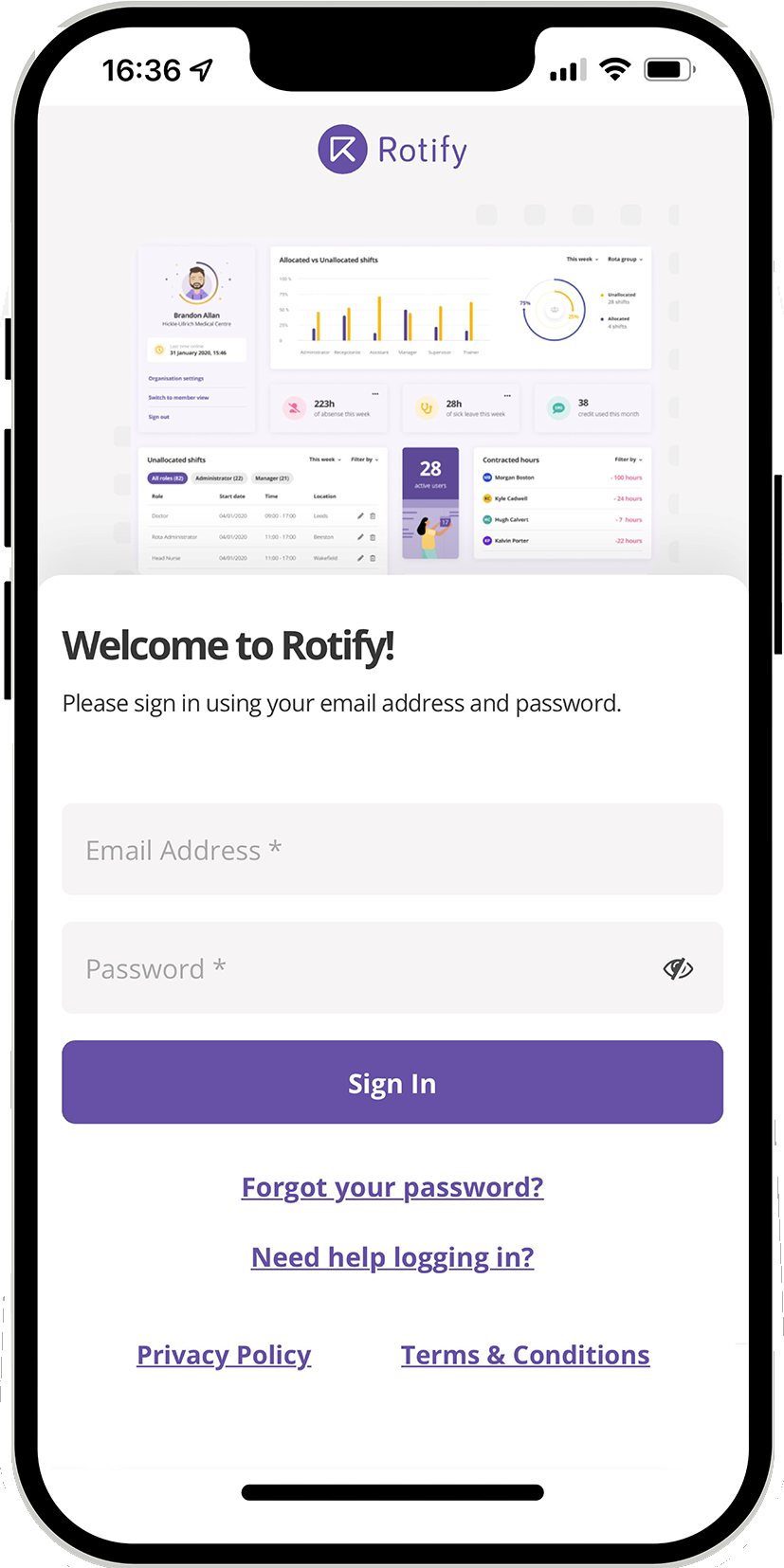Five ways to reduce absenteeism in your workplace
Most employees want to come to work and perform at their best but there are a host of reasons why someone may ‘call in sick’ from time to time. They’re ill or they’ve had an accident; their children are ill; problems with childcare; a problem with their car; a bereavement in the family, are just some.
Why is absenteeism a problem?
It may not be immediately obvious, but the financial impact of absenteeism can mount up – paying wages, paying replacement staff and the admin time it takes up to replace people becomes lost time.
In some sectors, safety and compliance could become an issue.
If recurring absenteeism impacts on other staff members, this could negatively impact on staff morale, which could in turn impact on customer service levels, damaging the business in the longer term. It’s usually much more of an issue in customer-facing roles such as a busy café on a Saturday lunch time and your chef is absent.
Ways to reduce absenteeism
We all have to accept that life throws us the unexpected from time to time and an absence sometimes cannot be avoided. The problems start when a pattern of absence emerges.
Here are some steps you can take to limit the burden and reduce the likelihood of it becoming a problem in your workplace.
– Make sure you have procedures in place and your staff are aware of it
Your employees need to know how and when to report their absence. How much notice they need to give and if there’s anything they can do to find someone to cover their shift.
Using an online system to manage the communication of an absence and the resulting need to find cover, makes things a whole lot smoother.
– Introduce a return-to-work chat with your employees
This doesn’t have to be anything too formal but can help both you and your employee understand any issues they may be having. It shows that you care for their wellbeing and that they can raise any concerns with you. It also shows that you take absenteeism seriously and gives you the opportunity to uncover any training & development needs that may help.
– Consider flexible working and remote working options
Although not an option for many businesses, the benefits of remote working have become very apparent over the last 12 months and working flexibly can reduce the need to take time off unexpectedly.
– Are you promoting wellbeing in your organisation?
Keeping staff happy at work can pay huge dividends. When people are in a state of wellbeing at work, they’re able to develop their potential, be productive and creative, build positive relationships with others, better cope with stress, and make meaningful contributions. Better wellbeing should mean fewer sick days.
– Have disciplinary procedures in place
Having a culture where staff are not afraid to take time off is important but equally staff need to understand the consequences if it becomes a frequent occurrence. Having clear and easy to use procedures plays a big part in managing recurring absenteeism.
How HR software can help manage absenteeism
If you feel like you spend a lot of time firefighting the admin of your staff it sounds like it could be time to streamline your absence management by going online.
An online tool like Rotify can help you plan and manage your staff rotas really easily. You can plan and distribute rotas in minutes, manage absences and communicate with staff all in one place.
More News


